Semesterprojekt
Methodische Gestaltungsübung, Sommersemester 2018
bei Prof. Mareike Gast, Anna Hoffmann, Karl Schikoree
2. Studienjahr Bachelor
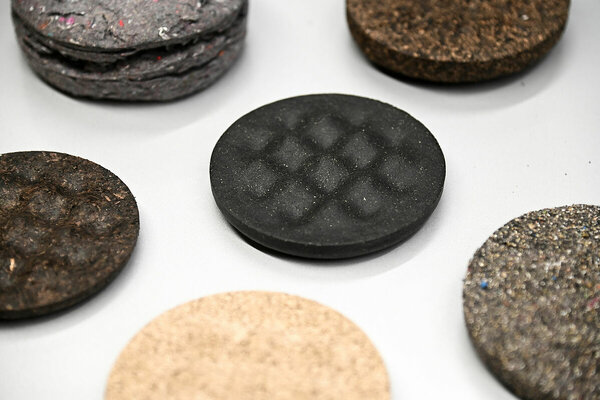
Semesterprojekt
Methodische Gestaltungsübung, Sommersemester 2018
bei Prof. Mareike Gast, Anna Hoffmann, Karl Schikoree
2. Studienjahr Bachelor
Kaum ein Material erzeugt eine so große Ambivalenz in uns wie Kunststoff. Einerseits wird es als billig, kurzlebig und umweltunfreundlich wahrgenommen – und auch so verwendet. Andererseits haben Kunststoffe und deren Verarbeitungsweisen unsere Konsumgüter und damit unseren Alltag entscheidend geprägt, denn Kunststoff ist ein extrem facettenreiches, formbares und zugleich erschwingliches Material. Gleichzeitig ist Kunststoff zukunftsweisend: Er wird potentiell aus alternativen Rohstoffen hergestellt; viele Kunststoffe sind prinzipiell sehr gut recyclebar und einige ersetzen zukünftig möglicherweise seltene Materialien, um funktionale, zum Beispiel elektronische, Komponenten herzustellen.
Wir widmeten uns den super normals, den einfachen, alltäglichen, fast unsichtbaren Gebrauchsgegenständen aus Kunststoff, untersuchten deren Notwendigkeit – auch aus kultureller Perspektive – und entwickelten eine nächste Generation. Ein Schlüsselaspekt lag dabei in der Recyclingfähigkeit, der Nutzung und Konzeption von Materialkreisläufen.
Wir durchliefen dazu im Semester den gesamten Entwurfs- und Entwicklungsprozess bis hin zur Serienfertigung im Spritzguss aus recycelten Kunststoffen. Dazu kamen die Precious Plastic Machines von Dave Hakkens zum Einsatz.
In Zusammenarbeit mit Conrad Dorer, Umweltbundesamt
recycle
Hardly any material creates as great of an ambivalence in us as plastic. On the one hand, it is perceived as cheap, short-lived and environmentally unfriendly – and it is used that way. On the other hand, plastics and their processing methods have decidedly shaped our consumer goods and thus our everyday life, because plastic is an extremely multifaceted, malleable and at the same time affordable material. At the same time, plastic is future-oriented: it is potentially produced from alternative raw materials, is in principle very easy to recycle and, with growing importance, is replacing rare materials in order to produce functional, for example, electronic components. In this project we devoted ourselves to the super normals, the simple, everyday, almost invisible commodities made of plastic, examined their necessity – also from a cultural perspective – and developed a next generation. A key aspect lies in the recyclability and use and design of material cycles. During the semester, we went through the entire design and development process right up to mass production in injection moulding from recycled plastics. For this we used the Precious Plastic Machines by Dave Hakkens.
In cooperation with Conrad Dorer, Federal Environment Agency
Participants and Projects:
Alexia von Salomon: scho – the truly recyclable toothbrush
Yang Ni: Nicer Ricer – a measuring cup that can be used to wash rice
Sophia Reißenweber: Resus – recycled and recyclable glasses
Hannah Kannenberg: HISCA – opens a bottle easily
Simon Hendrik Krautheim: CYCLOGON – a minimalistic repairable pedal
Maria Nele Meier: Läuft – she pees standing
Max Gruber: mono switch – recyclable cord switch
Jasmin Schauer: Hang On – a washer hook
Linus Winkler: Clipps – universal connector
Michael Altmann: TRACK – protects what you love
Paulina Knoll: Sheydz – a congenial alternative to sunglasses and hats
Fritz Rahne: Eurodapter – the more sustainable adapter
Irmela Krach: U.Shave – sustainable shaving for everyone
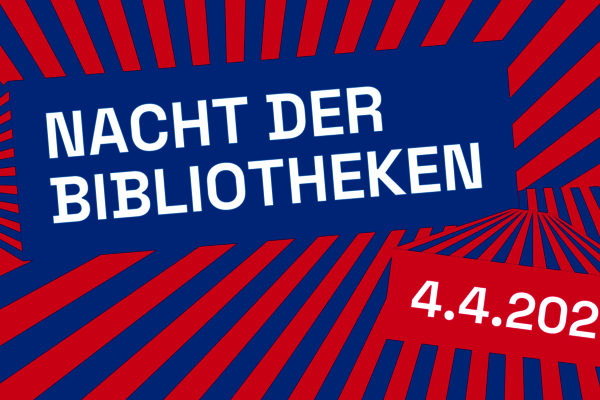
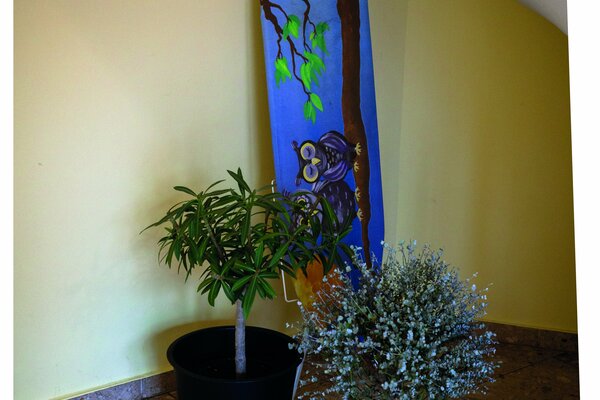
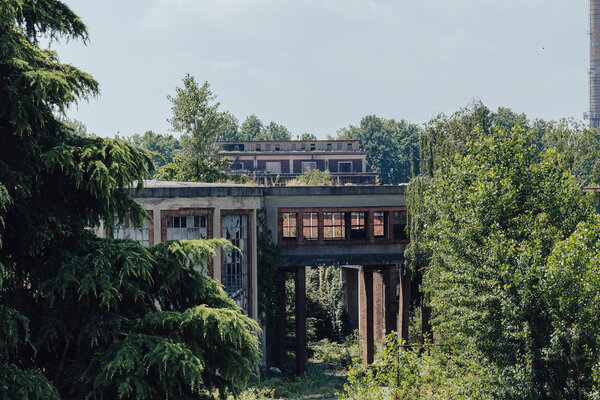
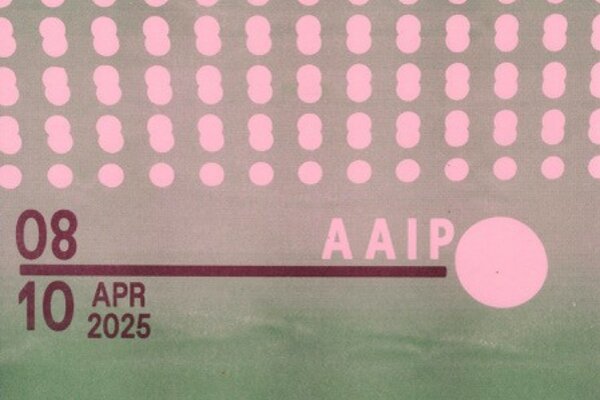
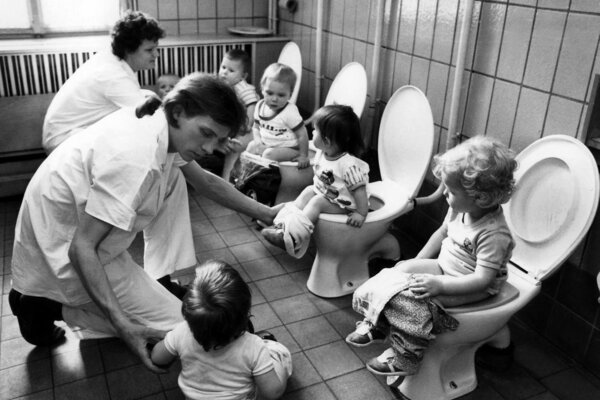


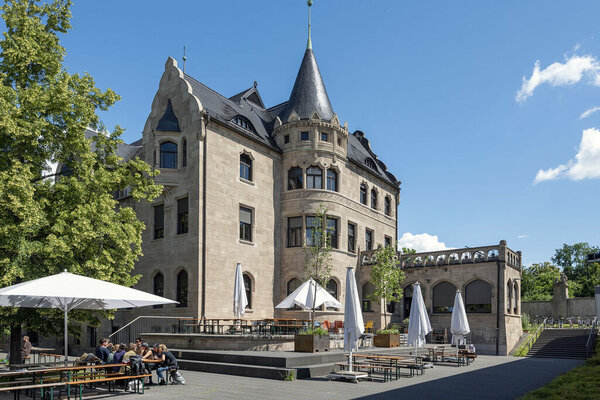
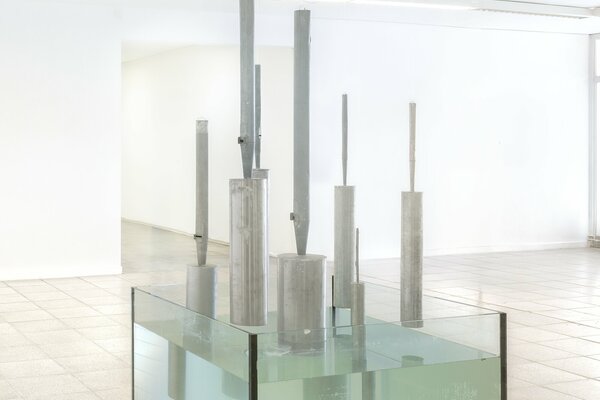
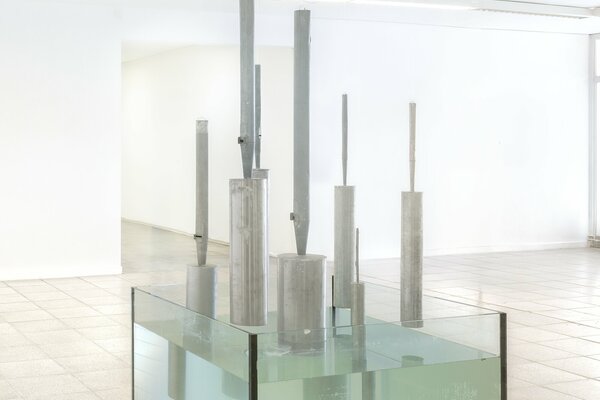
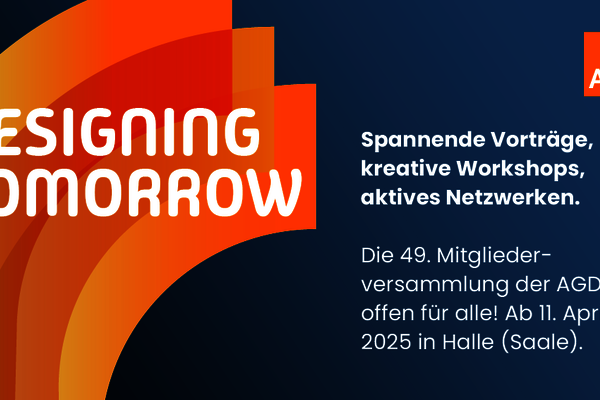
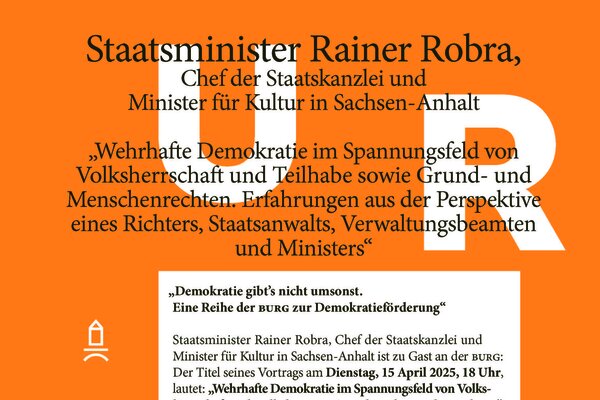
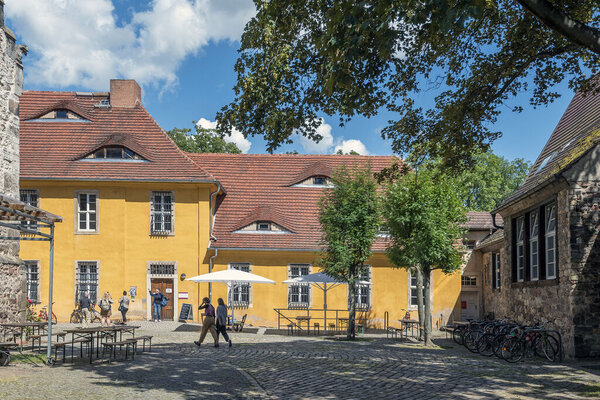
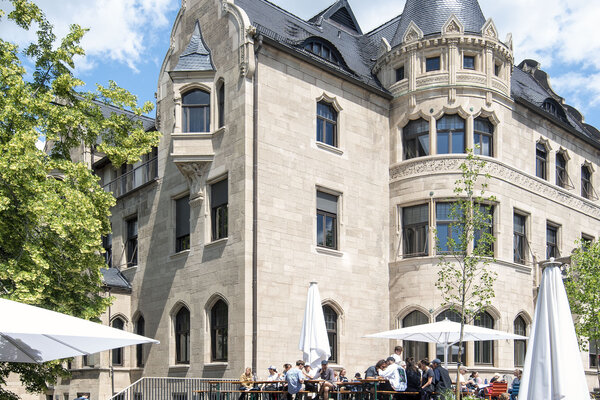
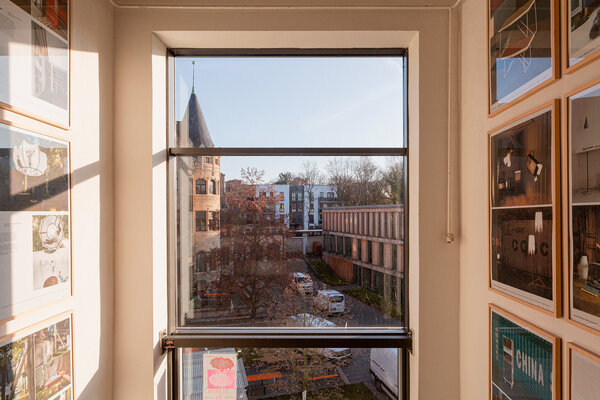
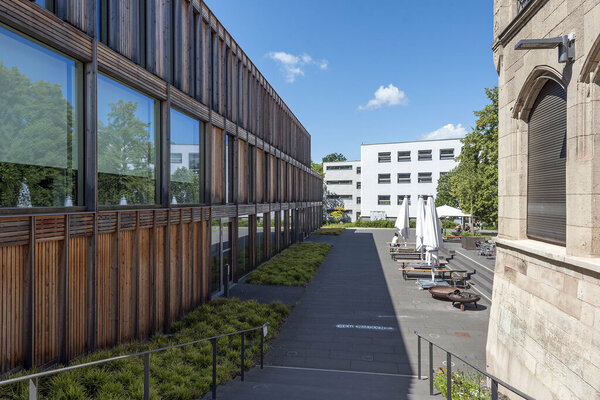
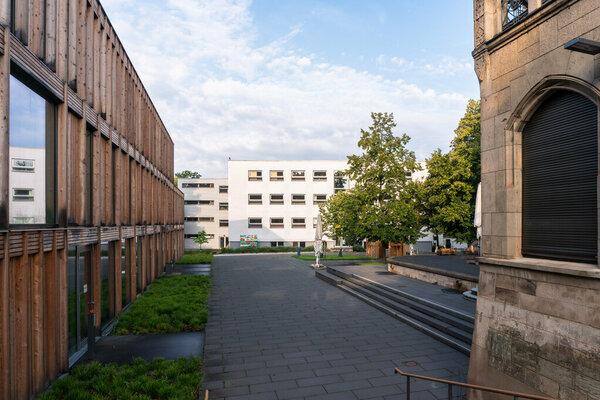
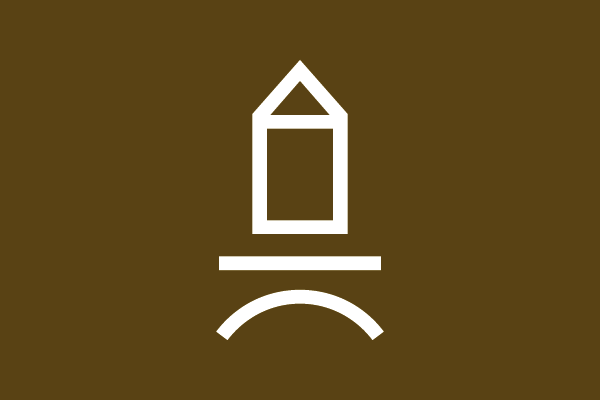
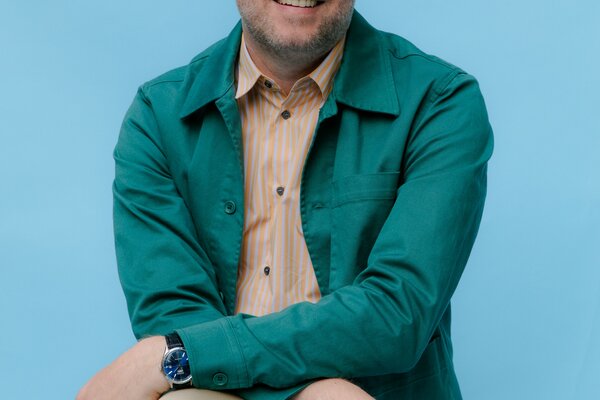
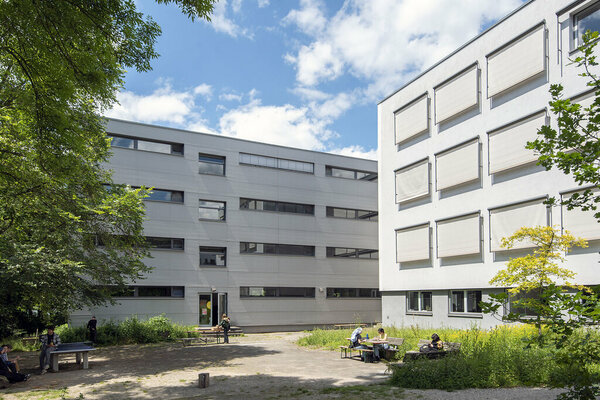
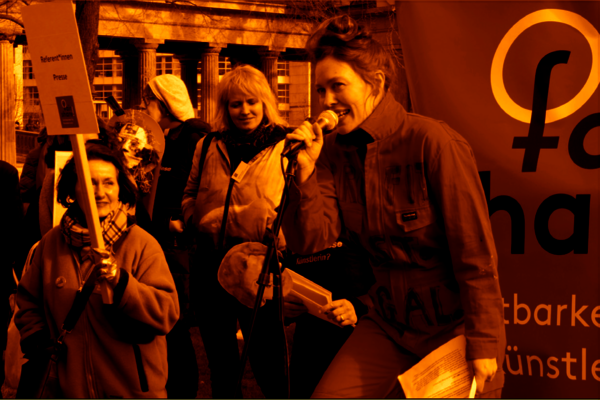
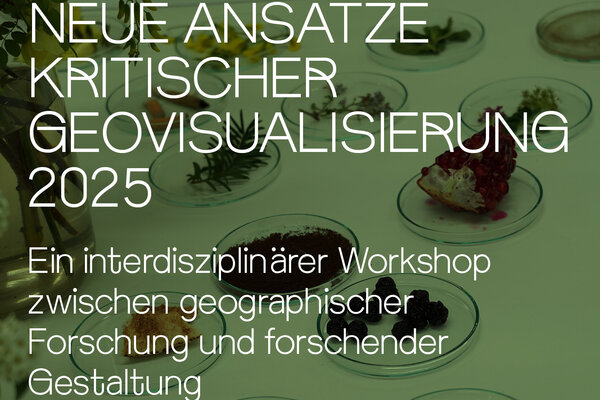
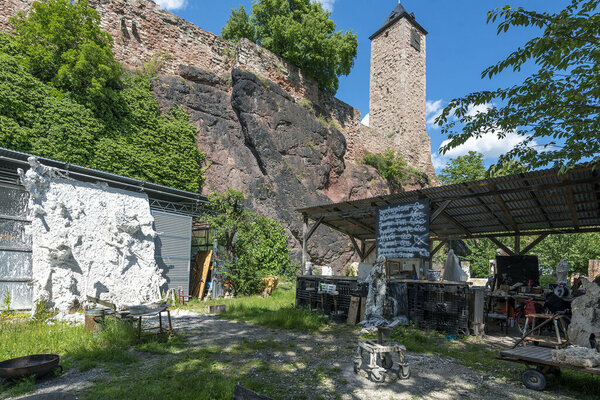
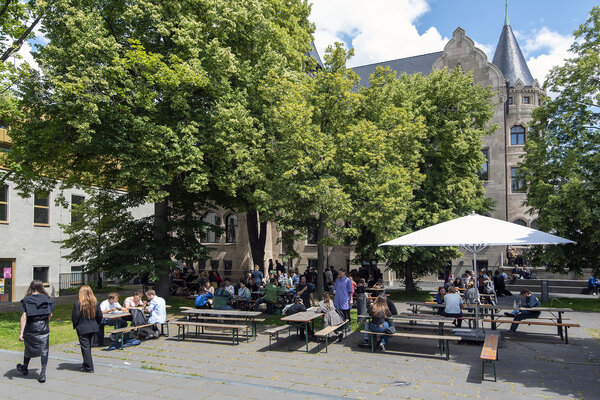
Publikation: dispose reuse recycle
hier bestellen >